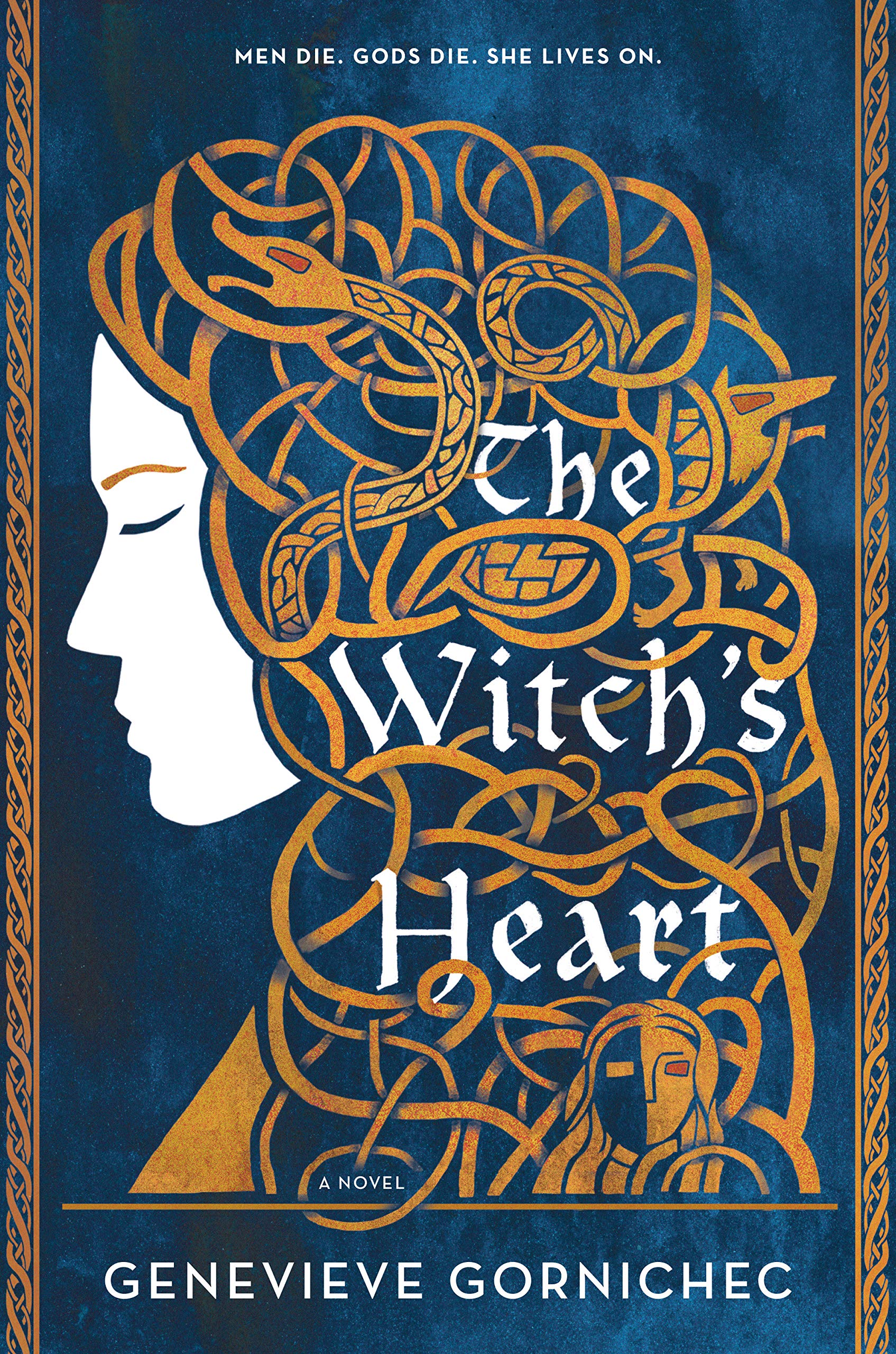- The Good: A steady quiet fight for family and against fate
- The Bad: Narrow feminine and motherly protagonist
- The Literary: Norse mythology retold from a new and unique perspective
Angrboda, the witch giantess, lives in a remote forest, far from the reaches of Odin and his gods. They’ve killed her once already, burned her at the stake for refusing to provide knowledge of the future. She lives a quiet life, even as the man who frequently visits her, and eventually shares her bed, reveals himself to be Loki.
You may be thinking, yet another Norse mythology re-telling in a time already saturated with the legendary trickster Loki? But instead of the big battles and careless antics of the gods, this is a quiet, moving, and subversive story of a witch and her wild children. Most of the novel takes place around Angrboda’s cave. She lives her small life, tending her garden, placing protection spells, and making healing potions and salves. A new ally and friend Skadi visits often, trading her healing potions for items she needs.
When she becomes pregnant, Angrboda is able to keep it a secret for many months and that Loki is the father for even longer, since he visits so sporadically. The pregnancy has a scare, but Angrboda uses her magic to save the unborn fetus. She has her baby, born healthy but a little unusual. And over the next years she has two more, each more unusual than the last. But just because a child is born different, doesn’t mean it doesn’t deserve the love and protection of its parents.
As the years pass, Angrboda’s strange dreams increase, some of a power drawing her away from her cave, and others that feel prophetic. I love that this story tackles self-fulfilling prophecies and that even the witch who received them won’t accept the fate that’s been set out for her family. As a protagonist, she’s determined and exceptionally relatable. Her story is gripping and a page turner. I feel a lot of feels in this one.
But upon reflection, I find Angrboda to be a little too relatable. She’s a witch-goddess, with powers that make her dangerous to the Æsir, but she’s mostly concerned about romantic love and family. I would have liked a little more magic, a little less waiting on the man to arrive, and a little more giantess power.
Highly recommended for readers of my demographic—middle-aged women. You’ll especially love this one if you enjoy Norse mythology, have traditional family values, and a strong motherly instinct. If you like this, also check out Circe by Madeline Miller and Norse Mythology by Neil Gaiman.
